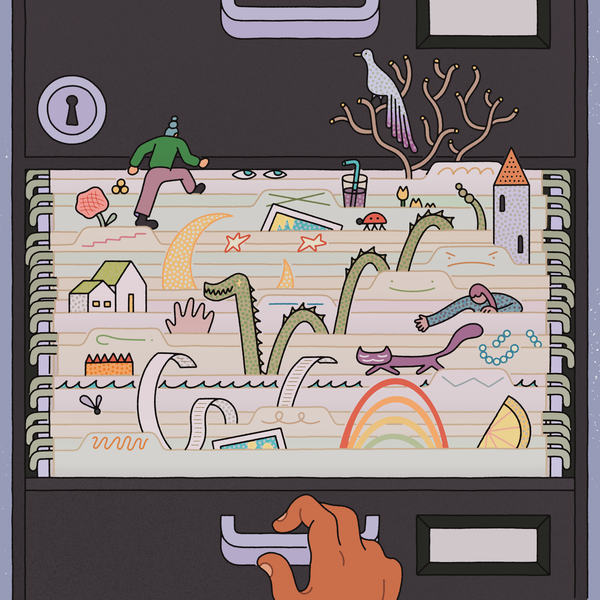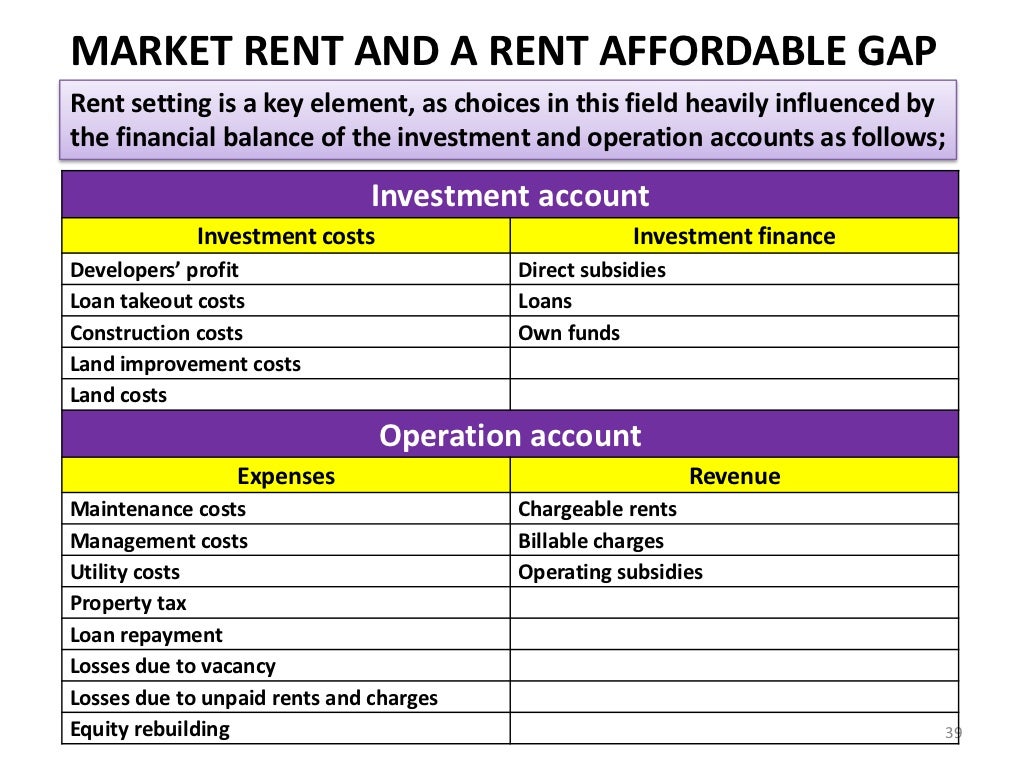Are New Cabinet Rules Putting Homeowner Data At Risk?

Table of Contents
The New Cabinet Rules and Their Impact on Data Handling
The recently implemented cabinet rules have significantly altered the landscape of data handling, particularly concerning homeowner information. These changes, while potentially intended to streamline processes, have inadvertently weakened data protection measures, increasing the vulnerability of sensitive homeowner data.
Specific Changes in Regulations
Several specific alterations within the new cabinet regulations directly impact homeowner data security and privacy. These changes include:
- Relaxed Data Sharing Protocols: The new rules permit broader data sharing between government agencies and private companies, potentially exposing homeowner data to unnecessary risks. This includes data previously considered protected under stricter privacy regulations.
- Reduced Enforcement of Existing Privacy Laws: The enforcement mechanisms for existing data privacy laws have been weakened, making it more difficult to prosecute violations and hold negligent parties accountable. This creates a climate of impunity, encouraging lax data handling practices.
- Increased Reliance on Third-Party Data Processors: The regulations encourage the use of third-party data processors, which, while potentially cost-effective, introduces additional layers of risk if these processors don't maintain adequate security measures.
These changes affect various types of homeowner data, including:
- Personal Identifiable Information (PII): Name, address, phone number, email address.
- Financial Information: Mortgage details, property tax records, bank account information.
- Property Details: Square footage, property value assessments, architectural plans.
Who is Affected?
While all homeowners are potentially affected, some groups are more vulnerable than others. Homeowners utilizing smart home devices are particularly at risk, as these devices often collect substantial amounts of data about their occupants' habits and routines. Those who have recently purchased a home may also be more susceptible, as they've provided a large amount of personal and financial information during the home-buying process. Furthermore, certain demographic groups may be disproportionately affected due to existing societal biases in data collection and usage. The data collected is often used for various purposes, including targeted advertising, credit scoring, and market research.
Increased Risks to Homeowner Data
The relaxed data handling protocols introduced by the new cabinet rules significantly amplify the risks to homeowner data.
Data Breaches and Identity Theft
The increased potential for data breaches is a major concern. A breach could lead to identity theft, resulting in financial losses, damaged credit scores, and immense emotional distress. The consequences can be devastating, including:
- Financial Fraud: Unauthorized access to bank accounts and credit cards.
- Loan Applications in Your Name: Accumulating debt and damaging credit history.
- Medical Identity Theft: Leading to fraudulent medical bills and potential health complications.
Homeowners should be aware of the legal recourse available to them in case of a data breach, including filing reports with law enforcement and the relevant regulatory bodies, and seeking legal counsel.
Privacy Violations and Data Exploitation
Beyond data breaches, the new rules open doors to privacy violations and data exploitation. This includes the misuse of homeowner data for targeted marketing, discriminatory practices (e.g., in insurance or loan applications), and potentially even surveillance. Examples of potential misuse include:
- Targeted Advertising: Receiving unsolicited marketing materials based on sensitive personal information.
- Discriminatory Practices: Being denied loans or insurance based on improperly used data.
- Unwarranted Surveillance: Data being used to track movements and activities without consent.
The ethical implications of such data exploitation are significant, emphasizing the urgency for stronger data protection measures.
Protecting Your Homeowner Data in the New Regulatory Landscape
While the regulatory environment has shifted, homeowners can still take proactive steps to protect their data.
Best Practices for Data Security
Implementing strong data security practices is crucial in this new landscape. These measures include:
- Strong Passwords: Use unique, complex passwords for all online accounts related to your homeownership.
- Secure Wi-Fi: Protect your home network with a strong password and enable encryption.
- Smart Home Device Security: Review the data sharing settings on all your smart home devices and limit access where possible.
- Monitor Credit Reports: Regularly check your credit reports for any suspicious activity.
- Use Reputable Service Providers: Choose reputable companies for your home services, ensuring they have robust data security measures in place.
For more detailed information and resources on online security, visit websites like [insert link to reputable cybersecurity resource here] and [insert link to government resource on data privacy here].
Advocating for Stronger Data Protection Laws
Homeowners have a crucial role to play in advocating for stronger data protection laws and regulations. Contact your elected officials to express your concerns and demand improved legislation. Join relevant advocacy groups and participate in public forums to amplify your voice. Collective action can drive meaningful policy changes.
Conclusion
The new cabinet rules pose significant risks to homeowner data, increasing the likelihood of data breaches, identity theft, and privacy violations. The relaxed data sharing protocols and weakened enforcement mechanisms create a vulnerable environment for sensitive personal information. Homeowner data protection is no longer a matter of convenience but a necessity. Don't wait for a data breach to affect you. Take control of your homeowner data security today by implementing the best practices outlined above and contacting your elected officials to demand stronger protection against data exploitation. Understanding the impact of new cabinet rules on your homeowner data is crucial for safeguarding your personal information.

Featured Posts
-
 Romes Champion Maintaining Momentum And Achieving Further Glory
May 28, 2025
Romes Champion Maintaining Momentum And Achieving Further Glory
May 28, 2025 -
 Rental Market Sell Off Fears Prompt Review Of Affordable Rent Policies
May 28, 2025
Rental Market Sell Off Fears Prompt Review Of Affordable Rent Policies
May 28, 2025 -
 How To Watch The 2025 American Music Awards For Free Online
May 28, 2025
How To Watch The 2025 American Music Awards For Free Online
May 28, 2025 -
 Serena Williams 20 Year Ban Vs Jannik Sinners Doping Allegation A Tale Of Two Standards
May 28, 2025
Serena Williams 20 Year Ban Vs Jannik Sinners Doping Allegation A Tale Of Two Standards
May 28, 2025 -
 Padre Luis Arraez Carted Off Field Following Violent Collision
May 28, 2025
Padre Luis Arraez Carted Off Field Following Violent Collision
May 28, 2025
